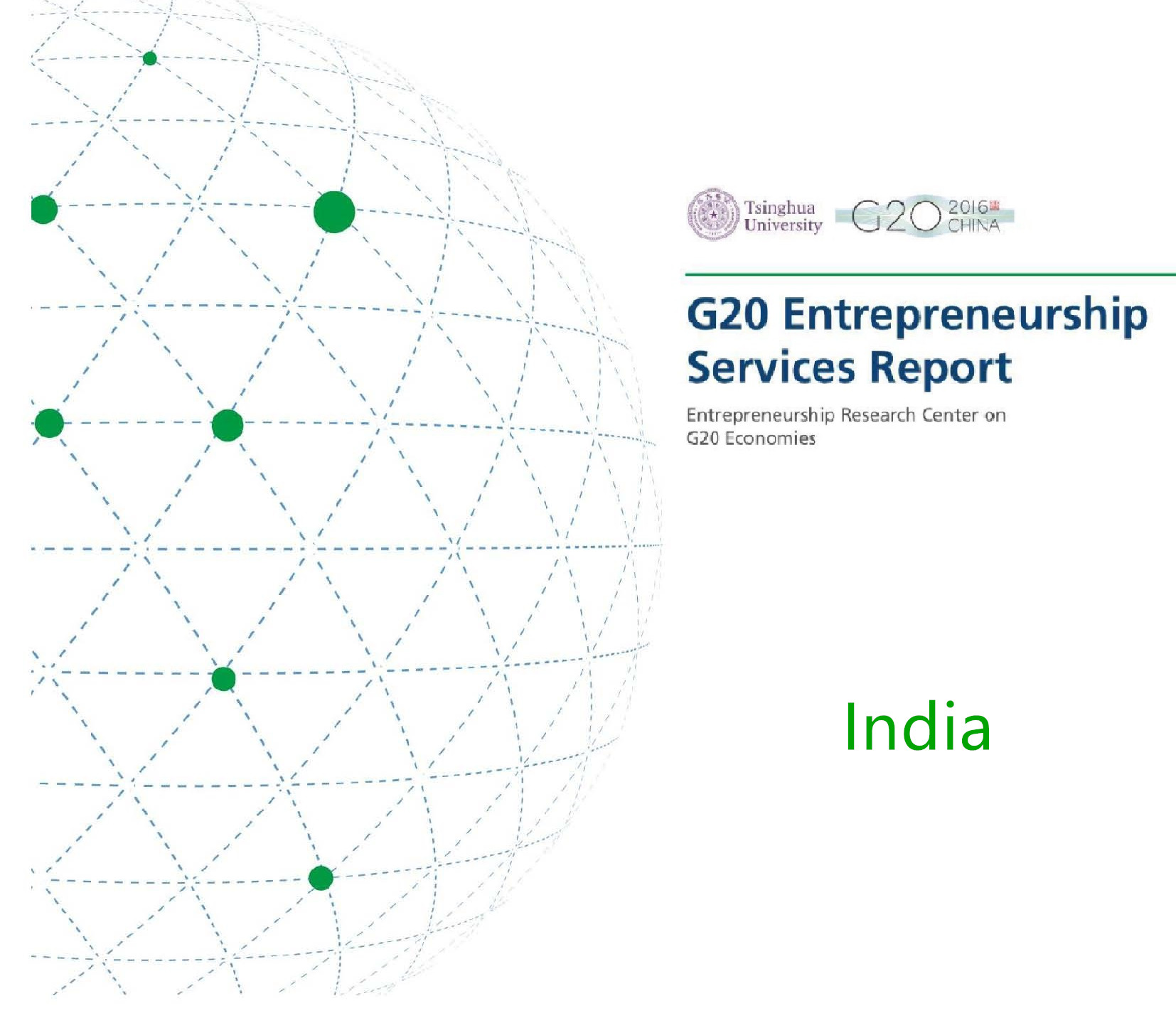
Summary
There are approximately 42.5 million small and medium-sized enterprises (SMEs) in India, accounting for 95% of all Indian firms. These SMEs hire 40% of the total labor force, about 160 million employees. Although almost all G20 member states have dedicated government departments responsible for SMEs, only India includes micro enterprises in the name of its specialized government agency. The Ministry of Micro, Small and Medium Enterprises (MSME) was established under the Micro, Small and Medium Enterprises Development (MSMED) Act 2006. The ministry’s Office of Development Commissioner is committed to providing services such as entrepreneurship trainings, technical and management consulting, etc. Besides, the ministry has a system called the Centralized Public Grievance Redress and Monitoring System (CPGRAMS), which monitors the service quality of government institutions to MSMEs. Apart from the establishment of reliable institutions and systems, the Indian government initiated the “Start Up India” program in order to enhance the sustainable development of the Indian economy by championing innovation and entrepreneurship.
The Indian government promotes innovation, entrepreneurship, and MSMEs by providing financial subsidies, introducing tax incentives, developing credit guarantees, and setting up venture capital parent funds. Qualified MSMEs may receive subsidies and services from the National Small Industries Corporation (NSIC) through the Raw Material Assistance Scheme and the Marketing Assistance Scheme. India's financial budget 2017 proposed preferential tax policies for SMEs, such as reduction in the corporate tax and the capital gains tax. In addition, the Credit Guarantee Trust Fund for Micro and Small Enterprises (CGT-MSE) has been increased by three times in recent years. Finally, the Indian government, together with National Credit Guarantee Trust Company (NCGTC) and Small Industries Development Bank of India (SIDBI), set up a venture capital parent fund to promote venture capital in India.
In entrepreneurial service, the Indian government improves its efficiency and service quality by deploying online platforms. In 2016, The Mistry of MSME required all Indian MSMEs to fill in their registration information online, so that the government could monitor the execution of various official programs and schemes. Besides, the Ministry of MSME implements the Technology Center Systems Program (TCSP) through setting up Technology Centers (TCs). Moreover, the Indian government welcomes MSMEs to join government procurement. The Central Government Public Procurement Policy for Micro and Small Enterprises Order 2012 stipulates a minimum amount of government procurement from MSMEs. The National Scheduled Caste/Scheduled Tribe Hub also helps MSMEs to win orders from the government and public sectors. The Marketing Assistant Scheme organizes international technology exhibitions, providing marketing support for MSMEs. In enterprise incubation, the Ministry of MSME has implemented A Scheme for Promoting Innovation, Rural Industry & Entrepreneurship (ASPIRE) which planned to establish 100 Livelihood Business Incubators (LBIs) in India. In 2017, ZDream Labs, the first China-India Internet incubator, was established in New Delhi.
The Indian government subsidizes entrepreneurship trainings, especially programs collaborating with multinational companies. The Scheme for Assistance to Training Institutions (ATI) 2016 and Samsung technical schools are representative examples. Moreover, Indian higher education institutions, such as Entrepreneurship Development Institute of India (EDII) and Indian Institute of Technology (IIT), not only provide entrepreneurship education courses in their own curricula, but also offer entrepreneurship trainings to specific demographic groups by working together with government agencies and businesses.